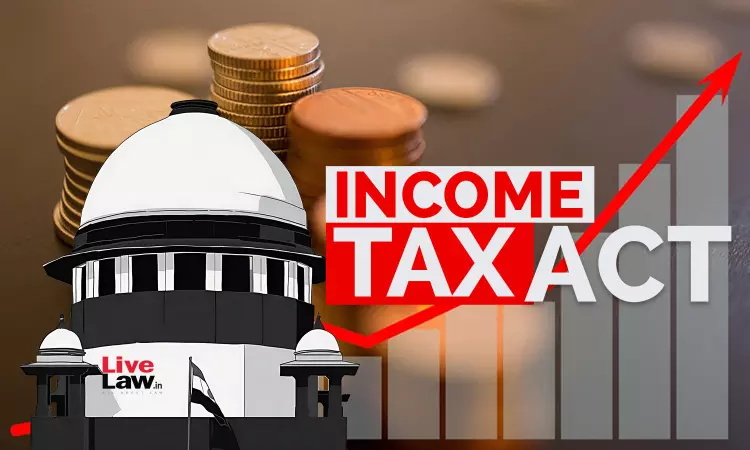Interest-Free/Concessional Loans To Bank Employees Taxable As Perquisite : Supreme Court Upholds Rule 3(7)(I) Of Income Tax Rules
Udai Yashvir Singh
8 May 2024 10:54 AM IST

The employer's grant of interest-free loans or loans at a concessional rate will certainly qualify as a 'fringe benefit' and 'perquisite", the Court said.
Next Story


